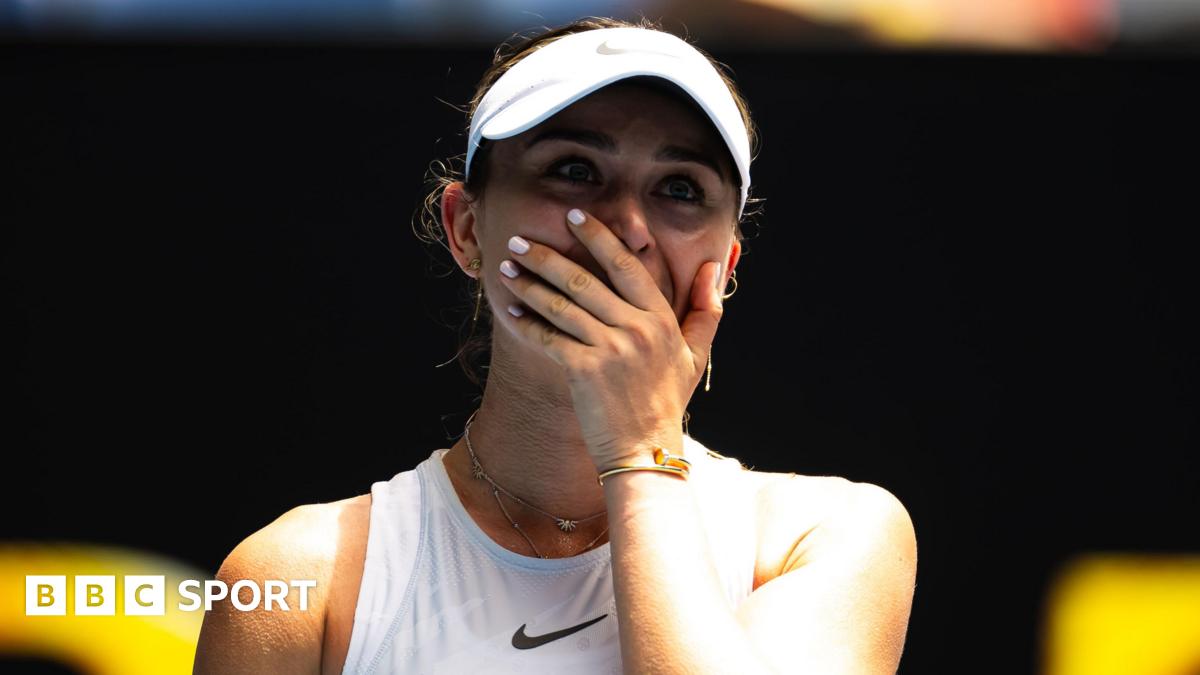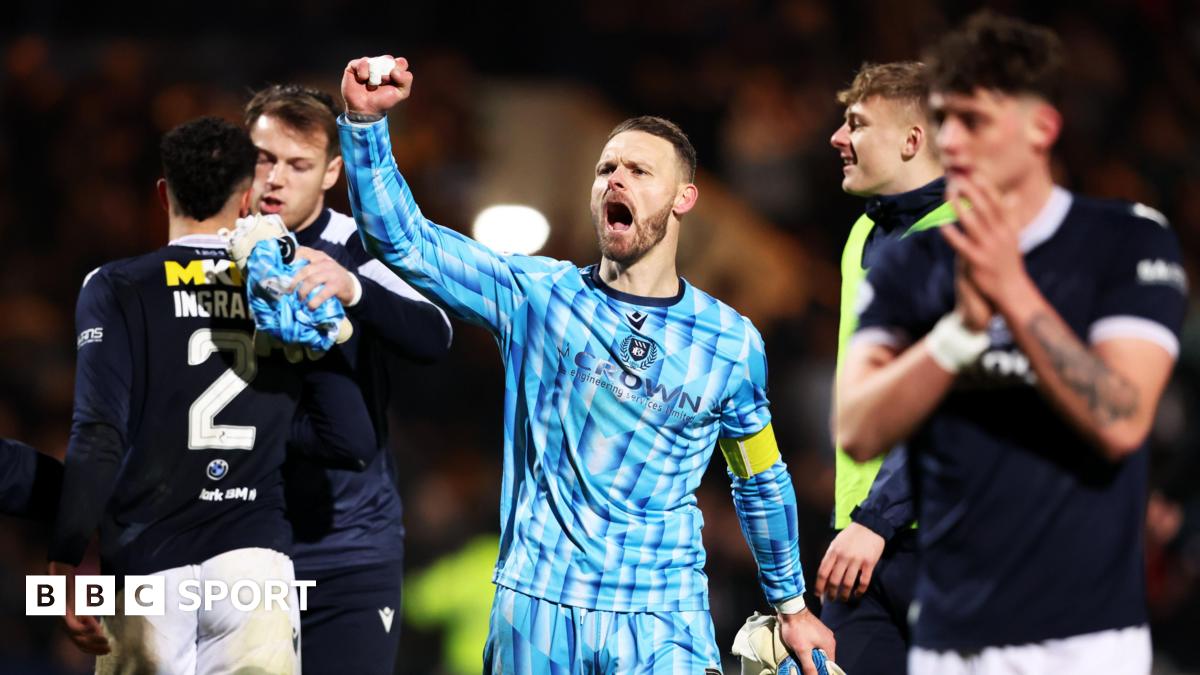ARTICLE AD BOX
Diversity in elite-level rugby union will only improve by targeting "hidden talent" across the country, says England flanker Sadia Kabeya.
The 22-year-old believes a lack of accessibility at school and junior level is one of the key reasons why the sport is not more diverse.
England's 30-strong squad for this month's WXV tournament in Canada contains only two non-white players.
"We need to start targeting different areas. I might be biased, but there's so much hidden talent in these areas where there isn't much rugby," she told BBC Sport.
Growing up in south London, Kabeya got into rugby "really randomly" because her school happened to play the sport.
"I went to secondary school in Crystal Palace. Rugby is definitely not a thing there," she said.
"I think it was in year eight, my teacher came to my class and was like 'we've got a rugby team, go and play'.
"I actually had no clue there were even teams or games. I was very lucky - but if I hadn't gone to that school, I may not have found rugby."
Kabeya, who is currently injured, says more can be done to introduce black communities to the sport.
"Having after-school clubs - they don't even need to be in the curriculum - that give that opportunity to play would help," she added.
"Opening up clubs in different areas, not two or three hours away from a certain area. I definitely think there needs to be more done there.
"Everyone can play rugby, but recently that's not the case. It's not accessible for everybody."
The Rugby Football Union, the sport's national governing body in England, launched an inclusion and diversity action plan in April 2023.
One initiative will result in the introduction of T1 Rugby,, external a new format of non-contact rugby, to 1,800 primary schools, secondary schools and colleges.
Meanwhile, its Rugby United campaign, external is supporting community clubs to attract more players and coaches from black and South Asian groups.
In October 2022, Kabeya revealed she "found herself compromising her identity" in order to fit in when making the jump from Surrey County to play in the Premiership with Richmond in 2019.
"I think the diversity got less and less as I went through the ranks," she said.
"When I was 17 or 18 years old, it dawned on me a bit more how different I was in that environment and the effect it was having on me.
"You're really impressionable. You want to fit in and be like people who you're around.
"When you can't see any physical things that you can bond over - such as the way you look, what you wear, and cultural things - you start changing small things.
"I noticed only years later how much I did change during that stage."
Kabeya credits former international team-mate Shaunagh Brown for taking her under her wing in an England squad which was predominantly white.
"She was another black woman playing rugby, she wears her hair in an afro and doesn't really care what people think," said Kabeya.
"I was really thankful for Shaunagh being there. I was able to be myself and know that even though I can't see people like me, or might feel out of place, it's OK to just be yourself."
Now at Loughborough Lightning and a key performer for the Red Roses, Kabeya no longer "feels the pressure" of speaking out about diversity, but instead embraces it.
"I never felt very comfortable speaking out about it because you never want to make a fuss," she said.
"I think a lot more needs to be done in terms of creating an environment where people feel comfortable in speaking.
"The impact you do have being in that space outweighs the hardship that comes with it."
Despite Kabeya's concerns around diversity, there are no regrets about pursuing a professional career in rugby.
"I definitely think if I was able to speak to my five-year-old self I would 100% encourage her to get into rugby," she said.
"I am now best friends with someone who is from Cheltenham and is 10 years older than me who I never would have met.
"I think there is a huge importance in speaking and meeting people from outside of your comfort zone, outside of your bubble.
"I think rugby does allow that and you have to push through those different barriers in terms of cultural and language differences."

 3 months ago
16
3 months ago
16








 English (US) ·
English (US) ·